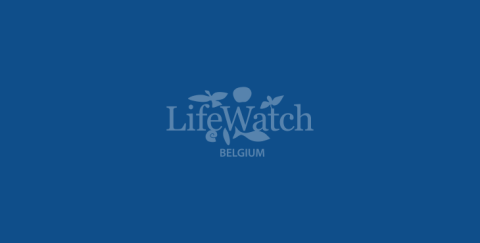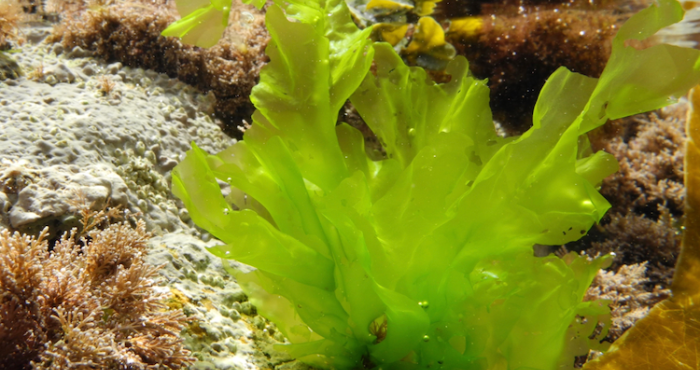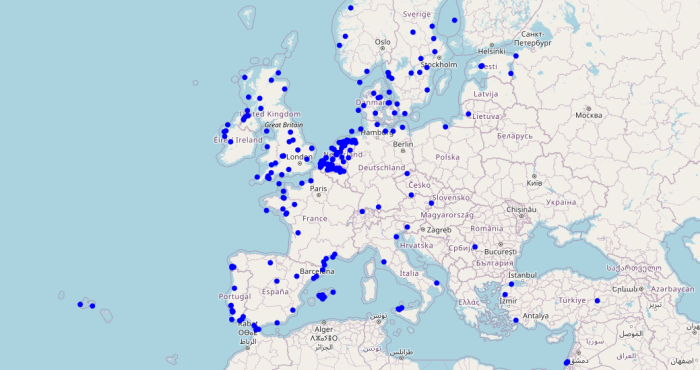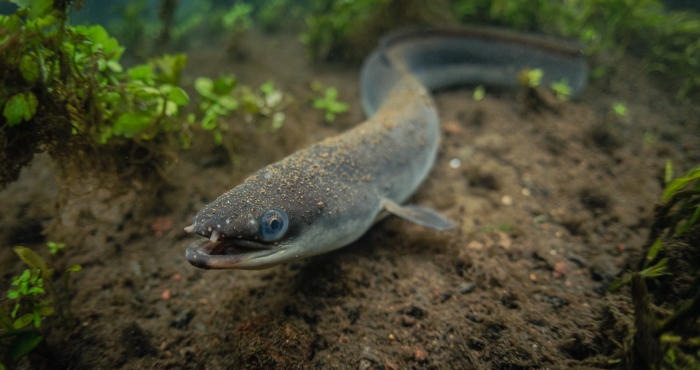MolluscaBase officially launched!
After more than a year of planning and preparations, the MolluscaBase portal is ready to be launched!

The whole story started early 2014, when a number of Mollusca experts gathered at the Flanders Marine Institute (VLIZ) – host institute of the World Register of Marine Species (WoRMS) – to discuss a strategy to expand the molluscan component of WoRMS to MolluscaBase. The goal of MolluscaBase is to be a global species database, covering all marine, freshwater and terrestrial molluscs, both recent and fossil.
Since this gathering, a lot of efforts have been made to make the Mollusca more complete. These actions encompass:
Meanwhile, the MolluscaBase experts are exploring a possible collaboration with PaleoDB on getting the fossil part of MolluscaBase more complete. The MolluscaBase team is also taking every opportunity to promote their initiative and to ask for contributions and feedback. They have e.g. already presented MolluscaBase at the 4th International Palaeontological Congress and the 7th Congress of the European Malacological Societies. On both occasions, positive feedback was received, helping to further the content of the database.
The MolluscaBase initiative is supported by LifeWatch, the E-Science European Infrastructure for Biodiversity and Ecosystem Research. LifeWatch is a distributed virtual laboratory which will be used for different aspects of biodiversity research. The taxonomic backbone of LifeWatch aims at bringing together taxonomic and species-related data and at filling the gaps in our knowledge. In addition, it gives support to taxonomic experts by providing them logistic and financial support for meetings and workshops related to expanding the content and enhancing the quality of taxonomic databases.
Since this gathering, a lot of efforts have been made to make the Mollusca more complete. These actions encompass:
- The complete integration of CLEMAM – the Taxonomic Database on European Marine Mollusca – into MolluscaBase. CLEMAM was previously hosted at the Natural History Museum of Paris and maintained by WoRMS-editor and Mollusca-expert Serge Gofas. The integration has given the opportunity to improve the quality of the already available information and has added several new names to the WoRMS/MolluscaBase database. In total, 5.712 new names, almost 8.000 references of original descriptions and more than 3.000 type locality notes were added.
- Making available the FreshGEN database through MolluscaBase. FreshGEN – the Freshwater Gastropods of the European Neogene – contains information on all fossil freshwater gastropod species described from the Miocene and Pliocene of Europe (23.03-2.588 million years). The data are based on an in-depth literature review and the investigation of selected faunas within the study area. Many taxa have been rarely studied again since their first description and are poorly documented – while some obviously erroneously placed taxa were revised this is not a critical revision of all the species. This action added no less than 4.360 new taxa to MollusaBase and made an excellent start towards the fossil component of the database.
- Initiating the integration of the Indo-Pacific Mollusca database. The primary objective of this project is to provide a database of the estimated 25,000 named species of mollusks in the Indo-Pacific region, with summary data on their distribution and ecology. In addition, the chief taxonomic editor of this initiative and Mollusca-expert in WoRMS – Gary Rosenberg – wants to combine Indo-Pacific data with existing databases for Western Atlantic and Europe marine mollusk species and for higher taxa of mollusks to form the basis of a global database of Mollusca, being MolluscaBase.
- New Zealand Cenozoic Mollusca and New Zealand recent terrestrial Mollusca (altogether ca. 3400 species) were added by Bruce Marshall.
Meanwhile, the MolluscaBase experts are exploring a possible collaboration with PaleoDB on getting the fossil part of MolluscaBase more complete. The MolluscaBase team is also taking every opportunity to promote their initiative and to ask for contributions and feedback. They have e.g. already presented MolluscaBase at the 4th International Palaeontological Congress and the 7th Congress of the European Malacological Societies. On both occasions, positive feedback was received, helping to further the content of the database.
The MolluscaBase initiative is supported by LifeWatch, the E-Science European Infrastructure for Biodiversity and Ecosystem Research. LifeWatch is a distributed virtual laboratory which will be used for different aspects of biodiversity research. The taxonomic backbone of LifeWatch aims at bringing together taxonomic and species-related data and at filling the gaps in our knowledge. In addition, it gives support to taxonomic experts by providing them logistic and financial support for meetings and workshops related to expanding the content and enhancing the quality of taxonomic databases.



